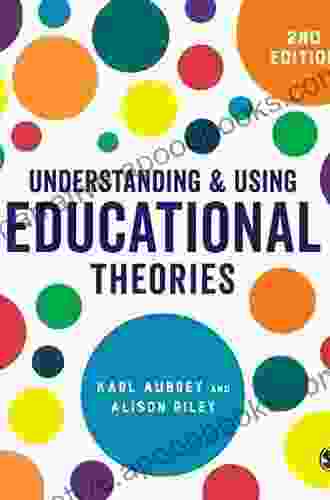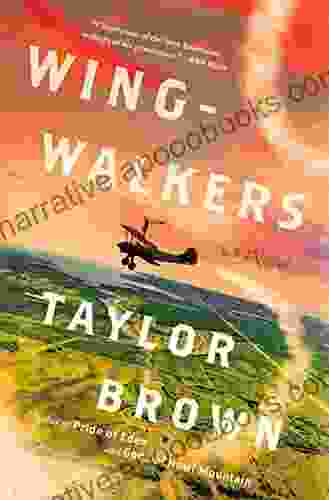Unveiling the Power of Pedagogy: Understanding and Using Educational Theories

Education, the cornerstone of human development and societal progress, is a multifaceted field influenced by a myriad of theories. Educational theories provide a framework for understanding the processes of teaching and learning, shaping the way educators approach their craft and students engage with knowledge. This article embarks on a journey to explore the diverse landscape of educational theories, offering a comprehensive guide to their understanding and application.
4.7 out of 5
| Language | : | English |
| File size | : | 4481 KB |
| Text-to-Speech | : | Enabled |
| Screen Reader | : | Supported |
| Enhanced typesetting | : | Enabled |
| Word Wise | : | Enabled |
| Print length | : | 408 pages |
| Paperback | : | 254 pages |
| Item Weight | : | 14.1 ounces |
| Dimensions | : | 6.09 x 0.64 x 9.18 inches |
| X-Ray for textbooks | : | Enabled |
Behaviorism: Shaping Observable Behaviors
Behaviorism, one of the foundational theories in education, emerged in the early 20th century. Its proponents, such as B.F. Skinner, believed that learning is a result of conditioned responses. Behaviorists focus on observable behaviors, emphasizing the role of rewards and punishments in shaping learning outcomes.
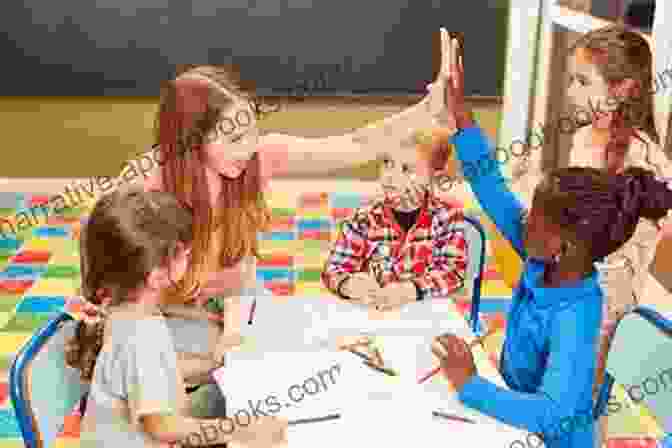
Cognitivism: Exploring Mental Processes
In contrast to behaviorism, cognitivism emerged in the mid-20th century, shifting the focus from observable behaviors to mental processes. Cognitivists, such as Jean Piaget and Lev Vygotsky, delved into the cognitive structures and processes that underpin learning. They emphasized the role of schemas, prior knowledge, and problem-solving in shaping educational experiences.

Constructivism: Building Knowledge Actively
Constructivism, a prominent theory in contemporary education, emerged in the late 20th century. Its proponents, such as John Dewey and Lev Vygotsky, emphasized the active role of learners in constructing knowledge. Constructivists believe that learners create meaning through their experiences and interactions with the environment. They advocate for learner-centered approaches that empower students to take ownership of their learning.

Social Learning Theory: Learning through Observation
Social learning theory, developed by Albert Bandura, emerged in the mid-20th century. It emphasizes the role of social interactions and modeling in shaping learning. According to social learning theory, individuals learn by observing the behaviors and consequences of others, particularly those in positions of authority or expertise.
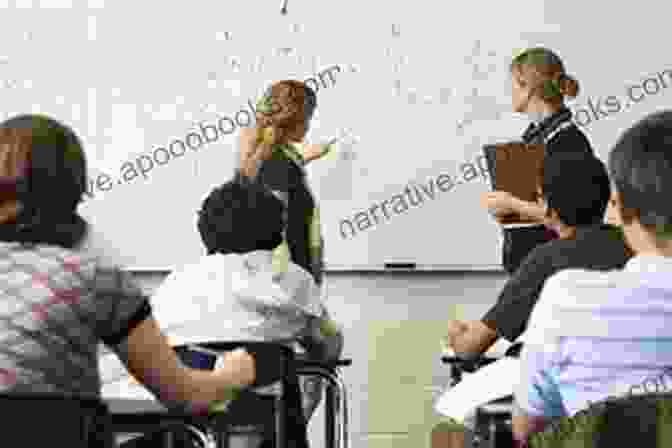
Transformative Learning Theory: Empowering Personal Growth
Transformative learning theory, introduced by Jack Mezirow in the late 20th century, emphasizes the transformative power of learning. Transformative learning experiences challenge existing assumptions, beliefs, and perspectives, leading to profound personal and social change. This theory advocates for critical reflection, dialogue, and open-mindedness in educational settings.
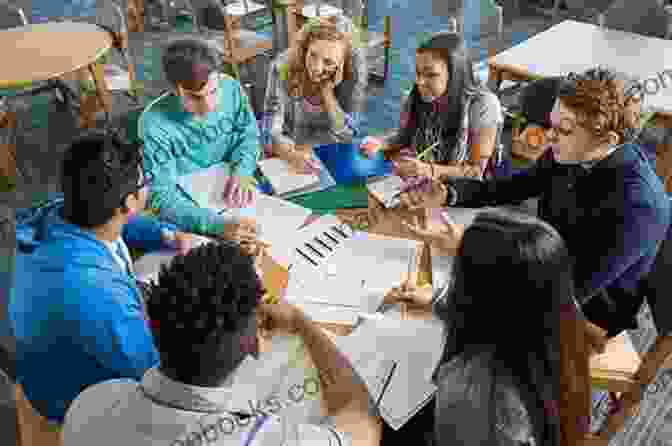
Learner-Centered Approaches: Empowering Students
Learner-centered approaches in education place the learner at the heart of the educational process. These approaches emphasize student autonomy, self-direction, and active participation in their learning. Learner-centered educators focus on creating supportive and engaging learning environments that cater to the individual needs and interests of students.

The landscape of educational theories is vast and ever-evolving. Understanding and using educational theories empowers educators with a deeper understanding of the processes of teaching and learning. By embracing a variety of theoretical perspectives, educators can tailor their practices to meet the diverse needs of their students, creating dynamic and effective learning environments. This article provides a foundation for further exploration and application of educational theories, inspiring educators to become lifelong learners in the pursuit of excellence in education.
4.7 out of 5
| Language | : | English |
| File size | : | 4481 KB |
| Text-to-Speech | : | Enabled |
| Screen Reader | : | Supported |
| Enhanced typesetting | : | Enabled |
| Word Wise | : | Enabled |
| Print length | : | 408 pages |
| Paperback | : | 254 pages |
| Item Weight | : | 14.1 ounces |
| Dimensions | : | 6.09 x 0.64 x 9.18 inches |
| X-Ray for textbooks | : | Enabled |
Do you want to contribute by writing guest posts on this blog?
Please contact us and send us a resume of previous articles that you have written.
 Book
Book Novel
Novel Page
Page Chapter
Chapter Text
Text Story
Story Genre
Genre Reader
Reader Library
Library Paperback
Paperback E-book
E-book Magazine
Magazine Newspaper
Newspaper Paragraph
Paragraph Sentence
Sentence Bookmark
Bookmark Shelf
Shelf Glossary
Glossary Bibliography
Bibliography Foreword
Foreword Preface
Preface Synopsis
Synopsis Annotation
Annotation Footnote
Footnote Manuscript
Manuscript Scroll
Scroll Codex
Codex Tome
Tome Bestseller
Bestseller Classics
Classics Library card
Library card Narrative
Narrative Biography
Biography Autobiography
Autobiography Memoir
Memoir Reference
Reference Encyclopedia
Encyclopedia William Styron
William Styron Michael E Sawyer
Michael E Sawyer Carrie Noland
Carrie Noland Allan Mallinson
Allan Mallinson Leonard G Horowitz
Leonard G Horowitz Michael Burns
Michael Burns Prageeta Sharma
Prageeta Sharma Tomeu Alcover
Tomeu Alcover Alice Renner Rigney
Alice Renner Rigney Taylor Mali
Taylor Mali Inderjeet Parmar
Inderjeet Parmar Phillis Wheatley
Phillis Wheatley Yasuyuki Tsurugi
Yasuyuki Tsurugi Laurent Gounelle
Laurent Gounelle Katy Perry
Katy Perry Allison Allen
Allison Allen Bonne Bartron
Bonne Bartron Jonathan Nevair
Jonathan Nevair Daniel Aston
Daniel Aston Hiram Larew
Hiram Larew
Light bulbAdvertise smarter! Our strategic ad space ensures maximum exposure. Reserve your spot today!
 Jan MitchellFollow ·18k
Jan MitchellFollow ·18k Rob FosterFollow ·12.3k
Rob FosterFollow ·12.3k Ashton ReedFollow ·10k
Ashton ReedFollow ·10k Caleb LongFollow ·5.7k
Caleb LongFollow ·5.7k Geoffrey BlairFollow ·8.8k
Geoffrey BlairFollow ·8.8k Cody RussellFollow ·4.9k
Cody RussellFollow ·4.9k John GreenFollow ·15.3k
John GreenFollow ·15.3k Alexandre DumasFollow ·15.9k
Alexandre DumasFollow ·15.9k
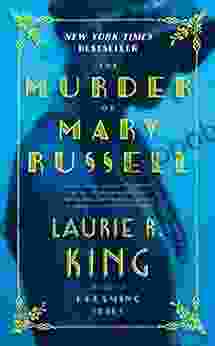
 F. Scott Fitzgerald
F. Scott FitzgeraldUnravel the Enigmatic Murder of Mary Russell: A...
Prologue: A Grisly Discovery In the...

 Connor Mitchell
Connor MitchellLittle Quilts: Gifts from Jelly Roll Scraps
Embrace the Art...
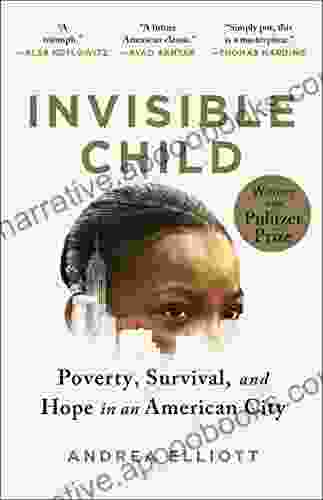
 Harold Powell
Harold PowellPoverty Survival Hope In An American City: A Pulitzer...
A testament to the resilience of the human...

 Ray Blair
Ray BlairConfronting Global Warming: Population, Resources, and...
Global warming is one of the most pressing...
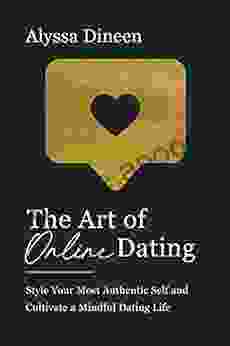
 Gary Cox
Gary CoxStyle Your Most Authentic Self and Cultivate a Mindful...
Unlock Your True...

 Caleb Long
Caleb LongEmbark on a Colorful Patchwork Adventure: Discover 20 To...
Step into the captivating world of...
4.7 out of 5
| Language | : | English |
| File size | : | 4481 KB |
| Text-to-Speech | : | Enabled |
| Screen Reader | : | Supported |
| Enhanced typesetting | : | Enabled |
| Word Wise | : | Enabled |
| Print length | : | 408 pages |
| Paperback | : | 254 pages |
| Item Weight | : | 14.1 ounces |
| Dimensions | : | 6.09 x 0.64 x 9.18 inches |
| X-Ray for textbooks | : | Enabled |


